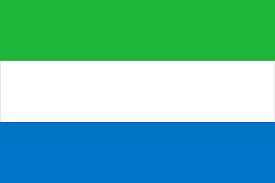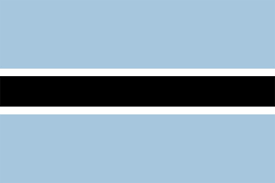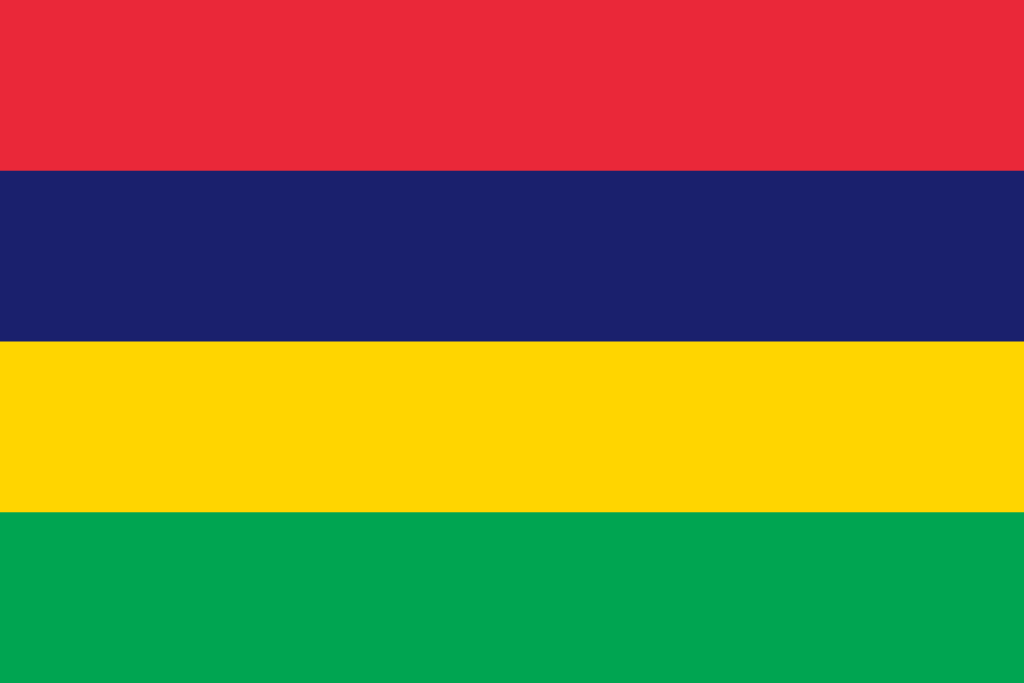Though the African continent is generally perceived as being turbulent and unsafe, there are still some countries in Africa where orderliness, tranquillity, and peace still hold sway.
In this essay, we shall look at the 5 most peaceful African countries based on the latest Global Peace Index (GPI) rating to learn what makes them peaceful or what they are doing differently to sustain peace within their territory and beyond.
5. Sierra Leone

Ranked number 5 in Africa on the 2023 Global Peace Index (GPI) is the Republic of Sierra Leone, a coastal West African country with an estimated population of about 8 million people.
One of the keys to Sierra Leoneans’ harmonious living is religion. The country, though a secular state by its constitution, is majorly populated by Muslims who constitute about 77 percent of its population. This religious homogeneity douses or neutralizes ethnicism in Sierra Leone.
4. Botswana

There is a reason Botswana prides itself as “an African exception”. Responsible, accountable, and visionary leaders have governed the country right from independence.
The good trend began with Sir Seretse Khama, Botswana’s first President, who set Botswana on the path to political stability and economic prosperity with his effective and visionary policies.
Up till date, Botswana reaps the fruits of a good beginning orchestrated by President Khama between 1966 and 1980. The country is highly rated on integrity and accountability with Transparency International ranking it as the least corrupt country in Africa.
Botswana is also one of the few states in the world with less ethnic polarization. About 73 per cent of the country’s population are from the Twana ethnic group and speak the Setswana language. This cultural or ethnic homogeneity is one of the major strings that hold the people of Botswana together.
3. The Gambia

Following a remarkable ballot-box revolution in 2016 which brought to an end a 22-year reign of autocratic rule by former President Yahya Jammeh, Gambians have been enjoying some sigh of democratic relief.
According to the United Nations, “the 22-year dictatorship of former President Yahya Jammeh severely weakened the state institutions and the security apparatus. The regime was characterized by harassment, torture, murder of political figures, journalists, activists, and students, and significant sexual and gender-based violence against women and children.”
Jammeh’s successor, Adama Barrow, despite being criticized himself, has been far better than Jammeh in terms of respect for the rule of law, democratic tenets, and constitutional freedoms.
Since the Gambians put the Jammeh era behind them, the country with an estimated population of 2.28 million people has been more politically stable, orderly, and lawful.
2. Ghana

Occupying the 2nd place in Africa in the Global Peace Index is Ghana, a country that has both ethnic and religious polarization issues that are capable of plunging it into tribal and religious crises, insurgency, and civil unrest.
Despite being highly ethnicized and polarized on religious lines, Ghana has been one of Africa’s shining examples on political stability, democracy, and respect for human rights, at least in the last 3 decades.
Since its return to civil rule in 1993 after a series of military interruptions between 1966 and 1992, successive Ghanaian governments have made concerted efforts to build a decent democratic government that upholds the rule of law and respects constitutional rights.
This is evidenced in the seamless manner Ghana has been able to transition from one elected President to another since its return to civil rule in 1993.
1. Mauritius

For a country that is populated by citizens from different races and cultures like India, China, Bangladesh, and South Africa, it is no mean feat that Mauritius was rated as the most peaceful country in Africa on the Global Peace Index 2023.
The story of how these people from diverse cultures and religions ended up as nationals of one country is not important to this essay. What is important is how, despite hailing from different cultures and despite being split among the 3 major religions in the world – Hinduism, Christianity, and Islam – Mauritanians have been enjoying a harmonious coexistence.
One of the major factors that unites these diverse people is language. At least 90% of the Mauritanians speak Mauritian Creole which is a hybrid language that emerged, organically, from the different languages spoken by the diverse people of Mauritius as well as from the language of the people they came in contact with in the course of their history, including French, English, Hindi (Bhojpuri), and Chinese (Hakka and Mandarin), etc.
Another contributor to the peace in Mauritius is its small population. Mauritius has a population of less than 2 million people which makes it easier for their government to manage.
Equally significant to note is the inclusive political, economic, and social policies adopted by the Mauritian government, all of which are aimed at eliminating any form of marginalization and improving the lives of the people.
As a result of the above factors, Mauritius, despite being a multi-racial, multi-cultural, and multi-religious country, remains a good example of how heterogeneous people can co-live and coexist in one country.


